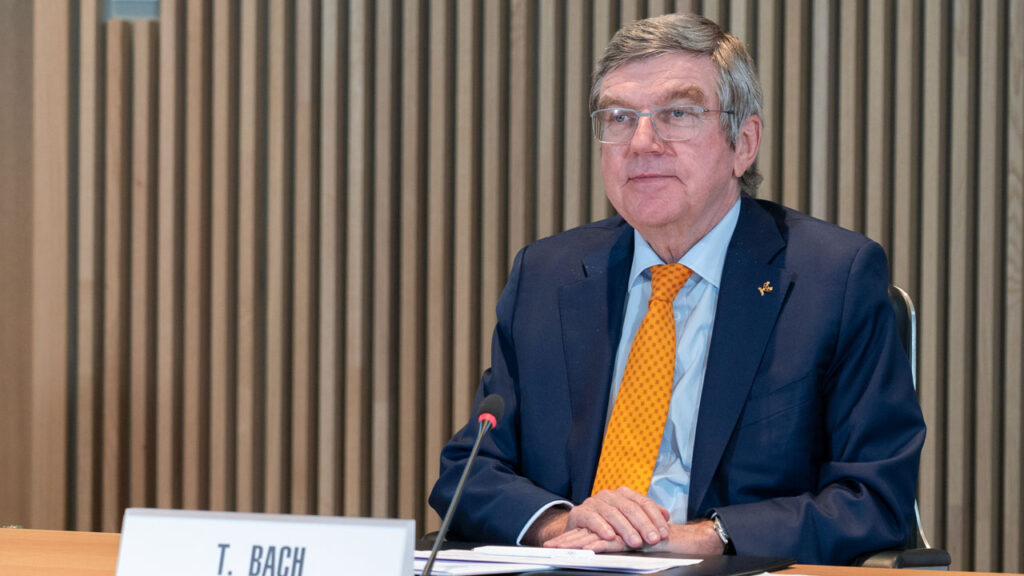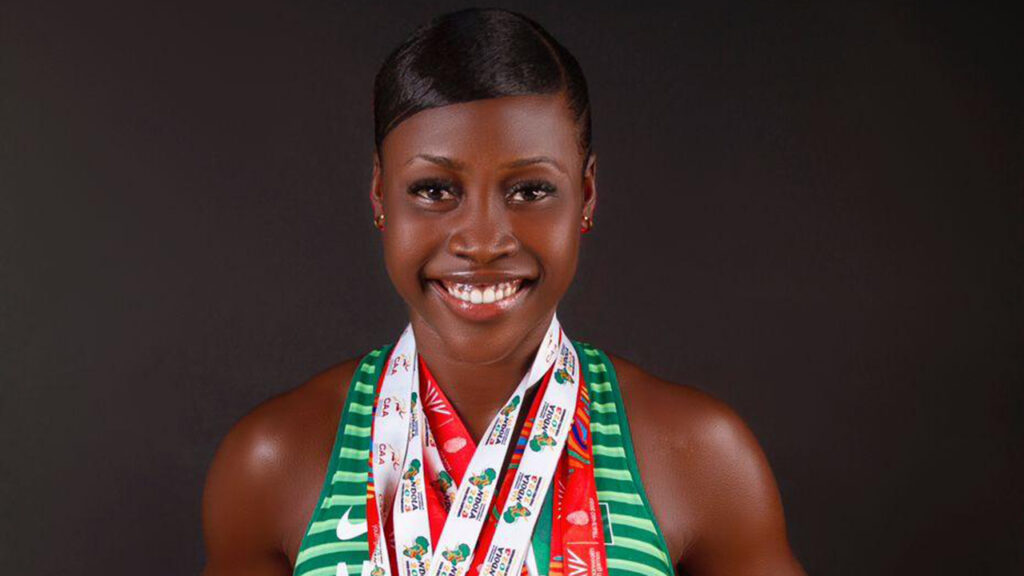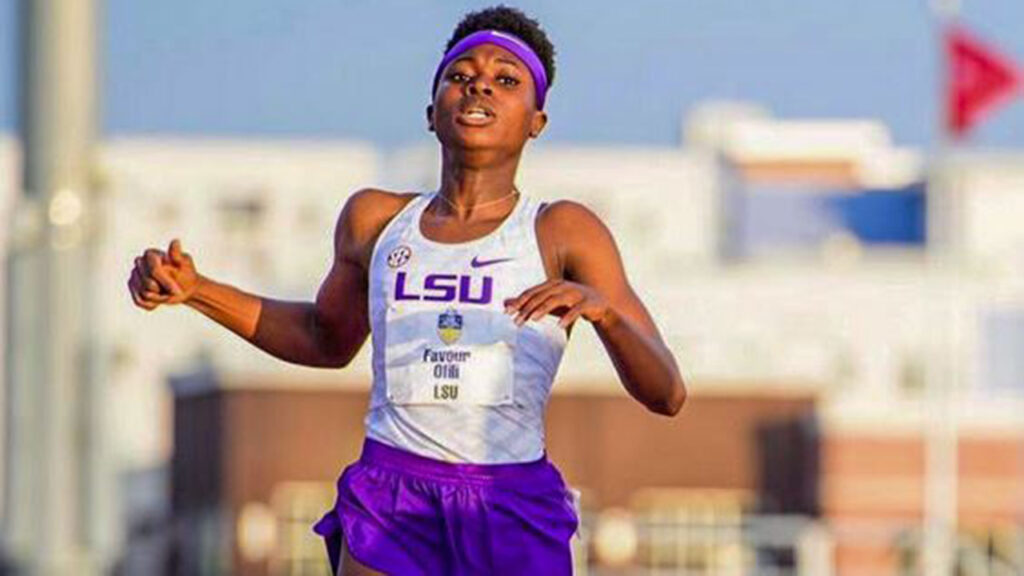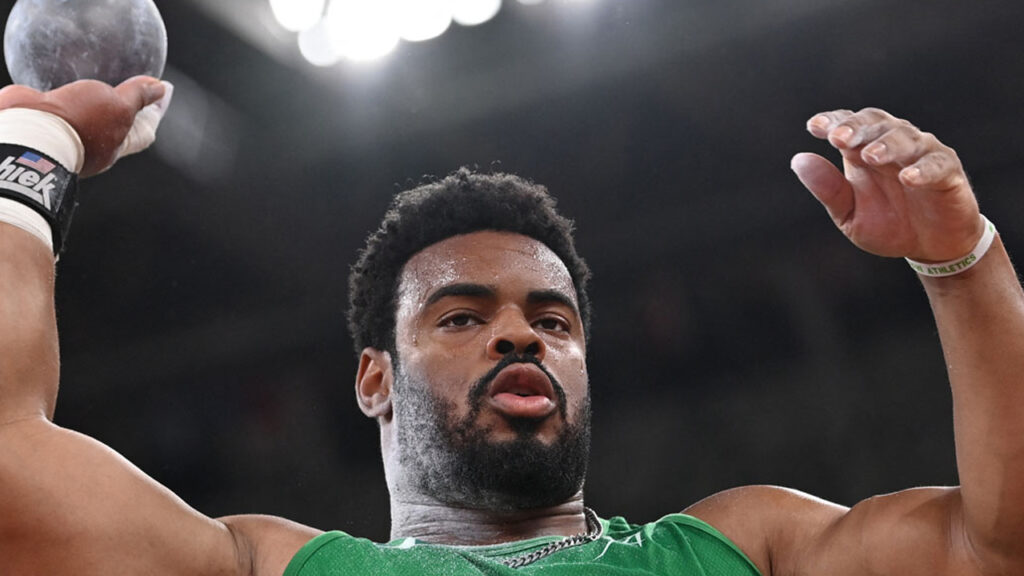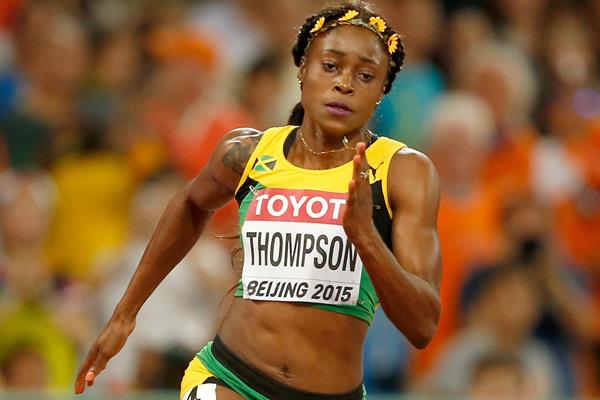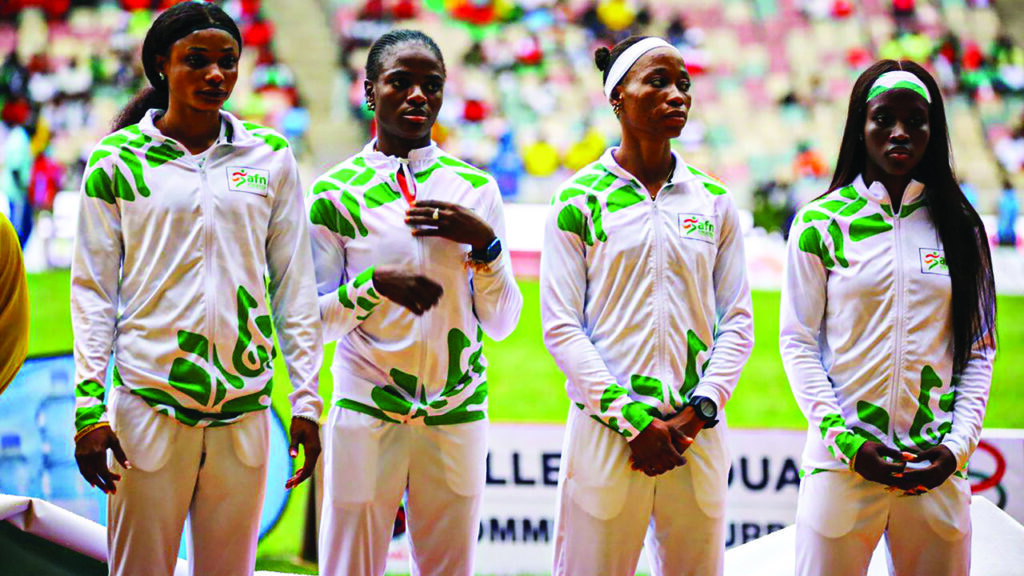 As the curtain falls on the 11th African Games today in Congo, one athlete that will remain the talking point in the history of the Games is Team Nigeria’s Yakubu Adesokan.
As the curtain falls on the 11th African Games today in Congo, one athlete that will remain the talking point in the history of the Games is Team Nigeria’s Yakubu Adesokan.
It had been so many interesting stories for Adesokan since he ventured into the sport of powerlifting, where he continues to set records at major championships. His new world record in the Men’s 49kg category with a lift of 182.5kg in Congo has again placed him above his contemporaries in the sport.
His gold medal was precious not only for officials of the National Sports Commission (NSC), but many Nigerians back home.
Adesokan, popularly called ‘Agbara Po’ (too much power), was disabled by the dreaded polio ailment at the age of two years. As a result, the young lad could not go to school because of ‘poverty and his deformity.’
According to Sports Talk Africa, the only option left for Adesokan while growing up was to learn how to repair shoes within the Ibadan metropolis.
After winning a gold medal for Team Nigeria and setting his new World record in Congo, Adesokan narrated how he devoted most of his time supporting the Ibadan soccer warlord, Shooting Stars Sports Club (3SC), whenever they played matches at the Adamasingba Stadium.
On one of those occasions, Adesokan stumbled on a group of special sports athletes at the stadium and he decided to find out what they were doing. “It was then that I found out that there was a place for disabled people in sports,” he said.
Adesokan first tried his luck in the game of table tennis, where he won the heart of the coach with his sterling performance. But there was a barrier. “I was asked to go and purchase a tennis bat, which I couldn’t afford.”
In line with destiny, Adesokan decided to try his luck in the game of powerlifting. He lifted 85kg in his first attempt, a performance that surprised everyone at the venue, including the coach.
That was the Genesis of a career that has seen ‘Agbara Po’ triumphant in many international competitions over the years, winning gold medals for Team Nigeria in at the Olympics, Commonwealth, World Championships and African Games. He was breaking and setting new records at every point.
In preparation for Congo 2015 All Africa Games, Adesokan trained at the Liberty Stadium, Ibadan, a camp provided by Team Nigeria for special sports athletes. He assured his fans then that he was not just going for the gold medal in Congo, but he hoped to win in spectacular fashion with a world record.
“It is my desire to put forth outrageous performances in this year’s competitions, which will boost my world ranking and also present me as one of the strong athletes to beat at the Rio 2016 Paralympic Games,” Adesokan had told paralympic.org.
Another Nigerian power lifter, Esther Oyema, also set a new world record at the Games in Women’s 55kg category, where she lifted 133kg to win gold. Apart from the superlative performances by Adesokan and Oyema, other physically challenged athletes, particularly the powerlifters, helped Team Nigeria with gold medals, even when several able-bodied athletes failed in their responsibilities.
Though athletics provided the bulk of medals for Team Nigeria in Congo, AFN President, Solomon Ogba, is not happy with some of the track and field stars for their inability to win gold medals in areas he considers ‘stronghold’ for Nigeria at the Games.
Team Nigeria lost ‘vital’ gold medals in the women long jump and hurdle events, just as the country also lost gold in both male and female 100m events.
Ogba said: “Before we came to Congo, we knew the areas we expected to win medals. For instance, we lost two gold medals in the area we thought we could win gold, but got silver medal.
“Coming here, we were sure by ranking and records that we would win gold medals in the high jump and 110m hurdle. In the women high jump, for instance, Doreen Amata, is a 1.94m jumper, but here, she couldn’t jump 1.90m, so what do we do?”
Fellow West Africans, Cote d’Ivoire, took over the sprints, capturing double gold in the 100m, courtesy of Marie Josee Ta Lou in the women’s event, and Ben Youssef Meïté in the men’s race. Meïté won his first African Games title with a National Record (NR) of 10.04s, beating Nigeria’s Oghe-Oghene Egwero to silver.
Blessing Okagbare-Ighoteguonor, who was earlier listed by AFN for both 100m and 200m events, only competed in the 4x100m relay, an event Nigeria could still have won even without her appearance.
The likes of triple jumper, Tosin Oke, was able to justify his inclusion by grabbing a gold medal. But it was a sad story for the female football team, Super Falcons, who suffered defeat twice in the hands of Les Blues of Cote d’Ivoire. After losing in the semifinal 1-2, the Yakubu Danjuma-led Falcons again fell 1-2 to the Ivoirians in the third place match to return home empty handed. Their male counterparts, U-23 Eagles, grabbed a ‘golden bronze.
Before we came to Congo, we knew the areas we expected to win medals. For instance, we lost two gold medals in the area we thought
we could win gold, but got silver medal. Coming here, we were sure by ranking and records that we would win gold medals in the high jump and 110m hurdle. In the women high jump, for instance, Doreen Amata, is a 1.94m jumper, but here, she couldn’t jump 1.90m, so what do we do?
Meanwhile, three females cyclists from Team Rivers are among those that won gold for Nigeria in Congo.
Nigeria’s Gripa Tombrapa, Okafor Odiase and Rosemary Marcus finished the 25km race in a time of 37.11 seconds to win the gold medal during the cycling women’s time trial event in Masamba.
Speaking on the victory, a supporter of Team Rivers, Giandomenico Massari said: “This is very wonderful feat and I am very happy that after a long time with perseverance, commitment and sacrifice, our girls have brought glory to Nigeria and Rivers.”

